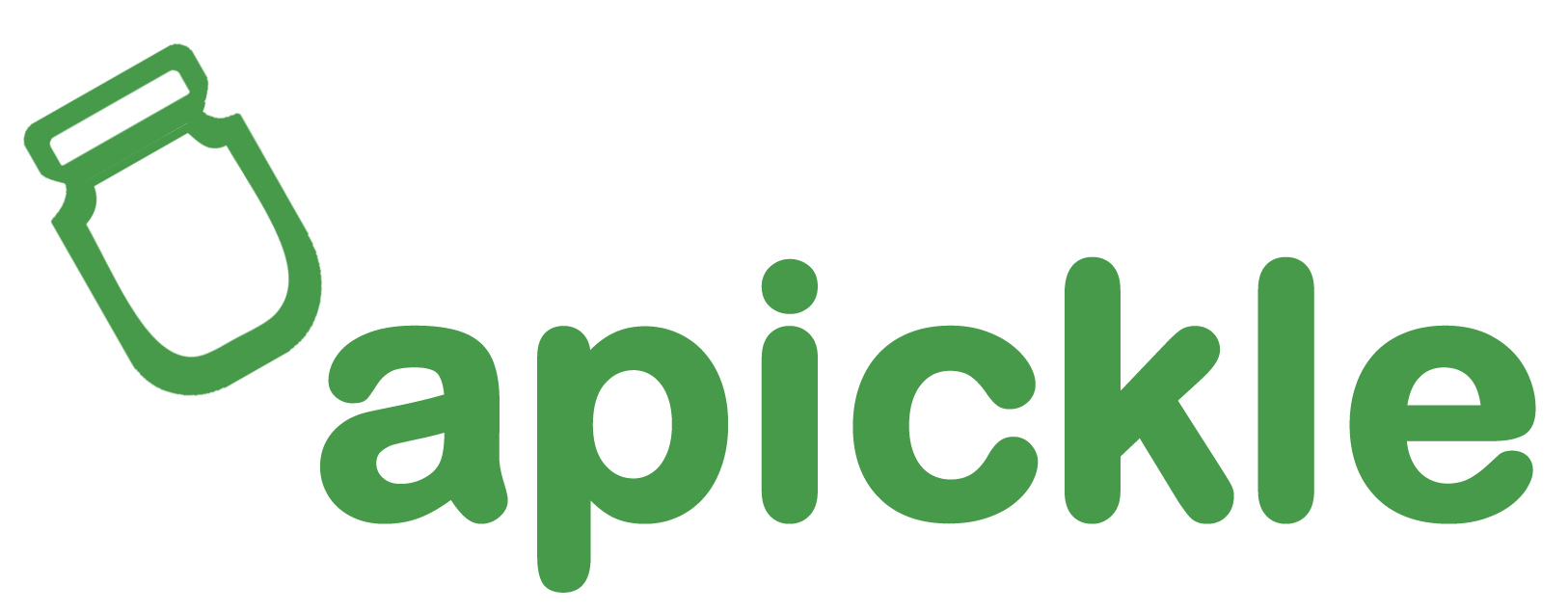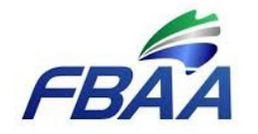In recent years, there has been a significant increase in the number of Director Penalty Notices (DPNs) issued by the Australian Taxation Office (ATO), with small businesses bearing the brunt of this trend. The ATO’s focus on recovering unpaid tax debts and superannuation has led to a surge in insolvency cases, as many small businesses struggle to meet these obligations. This blog explores why DPNs are rising, how they impact small businesses, and what steps you can take to protect your business from insolvency.
Why is There an increase in DPNs?
The sharp increase in DPNs can be attributed to the ATO’s intensified efforts to recover outstanding tax debts, particularly those related to superannuation. The ATO has been ramping up its debt recovery strategies in response to the growing debt owed by businesses post-pandemic. With a total of $50.2 billion in collectable debt as of June 2023, the ATO has resorted to issuing more DPNs to hold company directors personally accountable for unpaid superannuation and PAYG withholding tax.
Factors contributing to this increase include:
- Post-pandemic recovery efforts: Many small businesses still struggle with cash flow issues stemming from the economic impact of COVID-19.
- Focus on unpaid superannuation: The ATO has intensified efforts to recover superannuation debts, which often go unpaid due to business cash flow problems.
- Increased use of garnishee notices: The ATO is also employing garnishee notices more frequently, allowing them to recover debts directly from business accounts.
The Impact on Small Businesses and Directors
The rising number of DPNs is placing enormous pressure on small business owners and directors. For many, receiving a DPN is a turning point, as it forces them to consider whether to enter insolvency or face potential legal action from the ATO. Failure to address a DPN can result in personal liability for the company’s tax debts, pushing directors to wind up their businesses or enter voluntary administration.
The consequence of not complying with a DPN is severe. Directors risk personal financial ruin, including bankruptcy, if they cannot settle the company’s tax debts.
How Many DPNs and Garnishee Notices Have Been Issued Recently?
The number of DPNs and garnishee notices issued by the ATO has increased dramatically. In 2022, the ATO issued nearly 18,500 DPNs to directors, along with 52,000 DPN warnings. This trend continued into 2023, with projections indicating even higher numbers for the years ahead.
These aggressive debt recovery measures have seen garnishee notices become a common tool, allowing the ATO to recover unpaid debts directly from a business’s or director’s bank account, further compounding financial pressures.
Case Study: A Director’s Struggle with a Director Penalty Notice (DPN)
Andrew Christodoulou, a former director of Kudos Australasia, received an unpleasant surprise in the mail the day after his 52nd birthday. In November of last year, the Australian Taxation Office (ATO) issued him a Director Penalty Notice (DPN) for unpaid Superannuation Guarantee Charge (SGC) debts, alleging that his former company owed $437,000 in unpaid superannuation to its employees.
Mr. Christodoulou was stunned. His company, which had gone into voluntary administration in 2016 and was shut down three years later, was still being held accountable for debts dating back to 2013. He thought the matter had been resolved during the voluntary administration process, where a Deed of Company Arrangement (DOCA) had been entered into, but the ATO was now holding him personally liable as a former director.
The sudden issuance of the DPN left Mr. Christodoulou grappling with an overwhelming amount of debt, greater than his mortgage, and only 21 days to pay. “It rocks up on the doorstep…and essentially says in no fewer words that you owe $437,000. You have 21 days to pay it,” he told ABC News. This notice not only caused financial stress, but also reignited the anxiety and depression he had experienced when the company’s financial struggles began.
Kudos Australasia, a business that installed audio-visual equipment, including security systems for major clients like IGA, McDonald’s, and Subway, had faced significant cash flow issues due to overextension on large contracts. Between 2014 and 2015, Mr. Christodoulou applied for business and personal loans in an attempt to cover the superannuation debts and other liabilities, but these efforts were not enough to stabilise the business.
Due to ill health in late 2015, Mr. Christodoulou stepped back from managing the company. He resigned as director in mid-2016, believing that the administrators would handle any outstanding debts, including the superannuation. However, the ATO’s ability to pursue directors personally for unpaid superannuation debts years after the fact, even after a business has gone into administration, meant that Mr. Christodoulou was still liable under the DPN regime.
Despite his efforts to resolve the issue, Mr. Christodoulou now faces mounting legal fees, and he fears that the ATO may push him into personal bankruptcy. His case highlights the far-reaching implications of receiving a Director Penalty Notice, especially as the ATO increases its focus on recovering unpaid superannuation and other tax debts from both current and former directors.
How to Respond to a DPN
If you receive a Director Penalty Notice, it’s crucial to act quickly. You have 21 days to respond to a non-lockdown DPN by paying the debt, appointing an administrator, or placing the company into liquidation. Failing to act within this window can lead to personal liability for the unpaid debts. Seeking professional advice immediately will help you assess the best course of action, whether it’s negotiating a payment plan or exploring options like voluntary administration.
How to Avoid Getting a DPN
While no business is immune to financial struggles, there are several steps you can take to reduce the risk of receiving a DPN:
- Stay current on tax obligations: Ensure that PAYG withholding tax and superannuation payments are submitted on time.
- Regular financial health checks: Conduct frequent reviews of your business’s financial status to identify any potential cash flow issues early.
- Consider restructuring: If your business is struggling, consider restructuring to manage debts more effectively.
- Communication with the ATO: If you foresee difficulties in meeting tax obligations, contact the ATO early to negotiate a payment plan.
- Seek professional advice: Work with financial and legal experts to implement business debt management strategies and avoid potential penalties.
How Apickle Can Help
At apickle, we specialise in assisting businesses facing financial distress, including helping directors navigate the complexities of Director Penalty Notices. Our services include:
- Debt restructuring: We can help restructure your business’s debt, allowing you to consolidate payments and regain control of your finances.
- Voluntary administration: If your business is struggling, we can guide you through the voluntary administration process to protect your assets and explore turnaround strategies.
- Liquidation assistance: If liquidation is the best option, we provide expert guidance to ensure the process is handled efficiently, minimising personal liability for directors.
If you’re facing a DPN, don’t wait until it’s too late. Contact apickle today to learn how we can help with ATO payment plans, debt recovery strategies, and personalised solutions to keep your business on track.
Explore Our Specialist Services
At apickle, we provide tailored financial solutions to help businesses manage their debt and regain stability:
- ATO Payment Plan: We negotiate and implement manageable payment plans with the ATO to resolve outstanding tax obligations while protecting your cash flow.
- Tax Debt Solutions: Our experts help you navigate complex tax debt situations, reducing financial pressure and avoiding further penalties.
- Business Debt Solutions: We provide customised strategies for consolidating and managing business debts, allowing you to focus on growth.
- Debt Restructuring: By restructuring your debt, we help streamline repayments, making your financial commitments more manageable and sustainable.
- Debt Negotiation: Our team works with creditors to negotiate favourable terms, reducing your overall debt and financial stress.
Contact apickle today to explore how we can assist with your financial challenges and guide you toward a more secure future.



